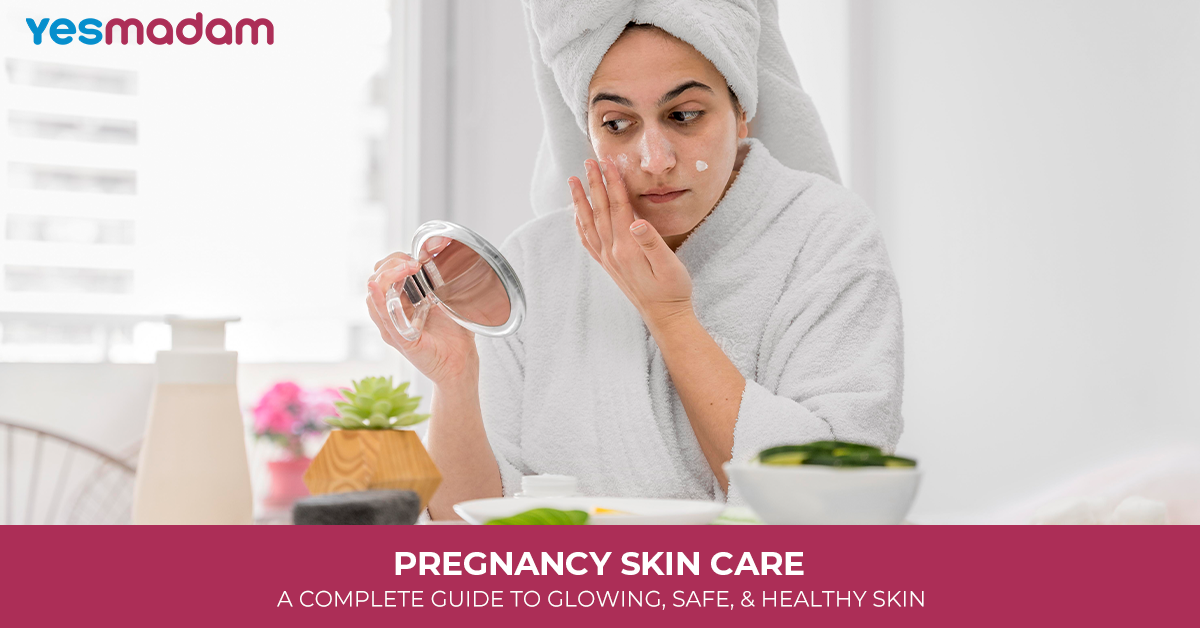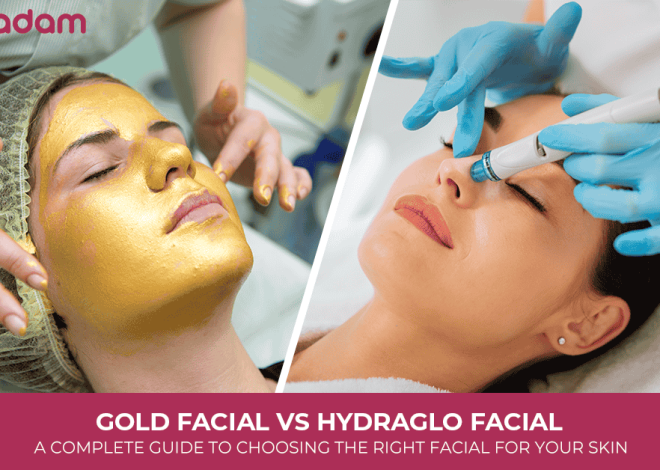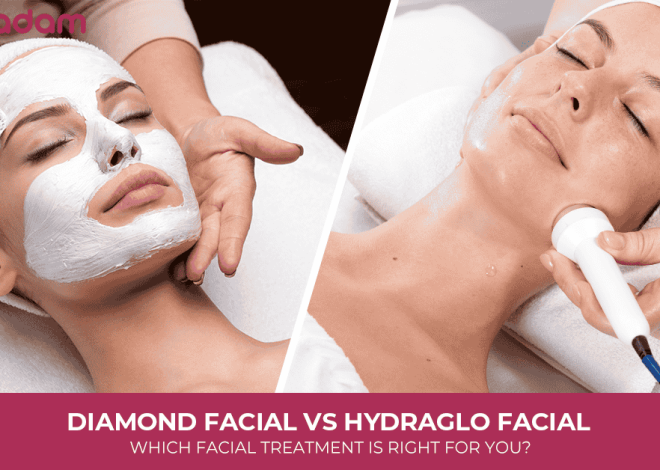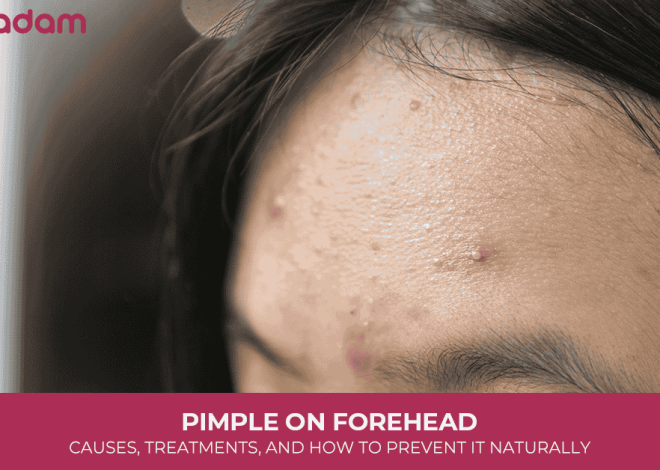
Pregnancy Skin Care: A Complete Guide to Glowing, Safe, and Healthy Skin
Pregnancy is one of the most beautiful phases of life, but it also brings along a rollercoaster of changes, especially for your skin. From unexpected breakouts to sudden dryness or pigmentation, your body’s hormonal shifts can leave you wondering how to take care of your skin safely. That’s where pregnancy skin care comes in. Choosing the right routine is not just about beauty, it’s about protecting your skin and your baby’s well-being.
In this guide, we’ll dive into what skin care is safe during pregnancy, which ingredients you should avoid, and the best practices to keep your glow intact. Whether you prefer natural remedies or dermatologist-approved products, this article will help you navigate skin care with confidence during your nine-month journey.
Table of Contents
Why Pregnancy Changes Your Skin

When you’re expecting, your body is working overtime to support your baby. This leads to hormonal surges, increased blood volume, and changes in your immune system—all of which can impact your skin.
Common Skin Concerns During Pregnancy
- Acne flare-ups: Extra oil production can lead to breakouts.
- Hyperpigmentation: Also called melasma or “the mask of pregnancy,” caused by hormonal fluctuations.
- Stretch marks: As your belly grows, the skin stretches, sometimes leaving marks.
- Dryness and sensitivity: Hormonal shifts can compromise your skin barrier.
- Redness and itching: Conditions like pruritic urticarial papules and plaques of pregnancy (PUPPP) may develop.
These changes are normal, but they also highlight why skin care during pregnancy should be thoughtful, safe, and tailored.
Safe Skin Care During Pregnancy
You don’t have to give up your skincare routine completely. Instead, the focus shifts to safe skin care for pregnancy, where the products and ingredients you use should support both you and your baby.
Pregnancy Safe Skin Care Ingredients
When building a pregnancy-friendly routine, look for these gentle, effective ingredients:
- Hyaluronic acid: Hydrates deeply without side effects.
- Vitamin C: Brightens skin and evens tone.
- Niacinamide: Reduces redness and improves skin barrier.
- Shea butter & cocoa butter: Great for stretch mark prevention.
- Zinc oxide & titanium dioxide: Safe mineral sunscreens.
These ingredients have been widely studied and recommended as pregnancy safe skin care ingredients.
Ingredients to Avoid in Pregnancy Skin Care

Not all skincare is safe when you’re expecting. Some ingredients may be harmful to your developing baby or increase sensitivity.
Skin Care Ingredients to Avoid During Pregnancy
- Retinoids (Retinol, Tretinoin, Isotretinoin): Linked to birth defects.
- Salicylic acid (in high doses): Can be risky in oral or strong topical form.
- Hydroquinone: Absorbs into the bloodstream at high levels.
- Formaldehyde & chemical sunscreens (oxybenzone): Potential endocrine disruptors.
- Essential oils in excess: Some can trigger uterine contractions.
By eliminating these skin care ingredients to avoid during pregnancy, you make your beauty routine both safe and effective.
Best Pregnancy Skin Care Products
Now that you know what’s safe and what’s not, let’s talk about choosing the best pregnancy skin care products. Always look for labels that mention “pregnancy-safe,” “non-toxic,” or “mineral-based.”
Must-Have Products
- Gentle cleanser: A sulfate-free, hydrating formula.
- Moisturizer with ceramides or shea butter: Locks in hydration.
- Mineral sunscreen: Zinc oxide or titanium dioxide based.
- Vitamin C serum: For brightening dull skin.
- Stretch mark cream: Shea butter, cocoa butter, or oils like almond and coconut.
These essentials ensure you cover cleansing, hydration, protection, and treatment without exposing your skin to harmful chemicals.
Natural Pregnancy Skin Care
If you’re leaning toward a holistic approach, natural pregnancy skin care can be both safe and effective. Simple kitchen remedies and plant-based solutions often work wonders:
- Aloe vera gel for soothing irritation.
- Coconut oil for natural moisture.
- Oatmeal baths for calming itchy skin.
- Rosewater as a refreshing toner.
- Turmeric paste (used sparingly) for brightening.
Natural remedies are gentle, but always patch test first—your skin can be more sensitive during pregnancy.
What Skin Care Is Safe During Pregnancy?
You may still wonder: what skin care is safe during pregnancy? The answer depends on keeping things simple and avoiding unnecessary chemicals. Stick to hydrating cleansers, rich moisturizers, mineral sunscreens, and targeted serums with safe actives like vitamin C or hyaluronic acid.
It’s always best to consult your doctor or dermatologist before adding anything new to your regimen.
More Information For You: Cold Shower vs. Hot Shower
Can You Use Vitamin C While Pregnant?

One common question is: can you use vitamin C while pregnant? The answer is yes. Vitamin C is considered safe, effective, and beneficial. It helps fight pigmentation, supports collagen production, and gives your skin a natural glow. Unlike retinol, it doesn’t pose risks to your baby.
Is Hyaluronic Acid Safe During Pregnancy?
Another popular query: is hyaluronic acid safe during pregnancy? Absolutely. This ingredient is a hydration hero that works by drawing water into your skin. Since it’s naturally occurring in the body, it’s gentle, non-irritating, and perfectly safe for pregnant women.
Building Your Pregnancy Skin Care Routine
Now that we’ve covered ingredients and products, let’s piece everything together into a routine.
Morning Routine
- Gentle cleanser
- Vitamin C serum
- Moisturizer
- Mineral sunscreen
Evening Routine
- Cleanser
- Hydrating toner (optional)
- Hyaluronic acid serum
- Rich moisturizer or nourishing oil
This routine is simple yet effective, ensuring hydration, protection, and glow without risking safety.
Conclusion
Pregnancy is a transformative time—not just emotionally, but physically. Your skin reflects these changes, and with the right care, you can keep it healthy, glowing, and safe. By focusing on pregnancy skin care, avoiding harmful ingredients, and embracing gentle, nourishing products, you support both your well-being and your baby’s safety.
Remember: your skin doesn’t need perfection right now—it needs care, patience, and love. Stick to safe ingredients like vitamin C and hyaluronic acid, explore natural remedies, and always consult your doctor when in doubt. With the right routine, you’ll not only enjoy radiant skin during pregnancy but also build habits that benefit you long after.
FAQs
1. What’s the best way to prevent stretch marks during pregnancy?
The best prevention is keeping your skin hydrated and elastic. Regularly apply creams or oils with shea butter, cocoa butter, or almond oil. While genetics play a role, consistent moisturization reduces severity.
2. Can I get facials during pregnancy?
Yes, but opt for gentle facials without harsh peels or strong chemicals. Stick to hydration, oxygen facials, or natural fruit-based treatments, and inform your esthetician that you’re pregnant.
3. Is sunscreen really necessary during pregnancy?
Absolutely. Hormones can make your skin more prone to pigmentation. A mineral sunscreen with zinc oxide or titanium dioxide is both safe and effective for protecting against sun damage.
4. Can I use acne treatments while pregnant?
Avoid strong retinoids and high-concentration salicylic acid. Instead, choose benzoyl peroxide in low amounts, azelaic acid, or natural remedies like tea tree oil (diluted). Always consult your doctor first.
5. Why does my skin feel so dry during pregnancy?
Hormonal changes can disrupt your skin’s moisture barrier, leading to dryness. Drinking plenty of water, using a hydrating moisturizer, and applying hyaluronic acid can help restore balance.
6. Are chemical peels safe in pregnancy?
Most chemical peels are not recommended due to strong acids. However, mild glycolic or lactic acid treatments may be used under professional supervision. Always get approval from your healthcare provider.
7. What’s the safest way to deal with pigmentation during pregnancy?
Use vitamin C serums, niacinamide, and consistent sunscreen. Avoid hydroquinone, as it’s not safe. Pigmentation usually fades postpartum but can be managed with safe, brightening products.
8. Can natural oils replace moisturizers?
Yes, oils like coconut, almond, and jojoba can be excellent natural moisturizers. They lock in hydration and nourish the skin deeply. However, patch-test first to avoid irritation.
9. Is it safe to use exfoliators during pregnancy?
Gentle exfoliation with lactic acid, glycolic acid, or natural scrubs is safe. Avoid strong chemical exfoliants and retinoid-based exfoliators. Once a week is usually enough to keep your skin fresh.
10. Do I need to change my skincare after pregnancy?
Yes, your skin may change again postpartum. You can gradually reintroduce ingredients like retinol (if not breastfeeding) or stronger treatments for pigmentation and acne. Always listen to your skin’s needs.



